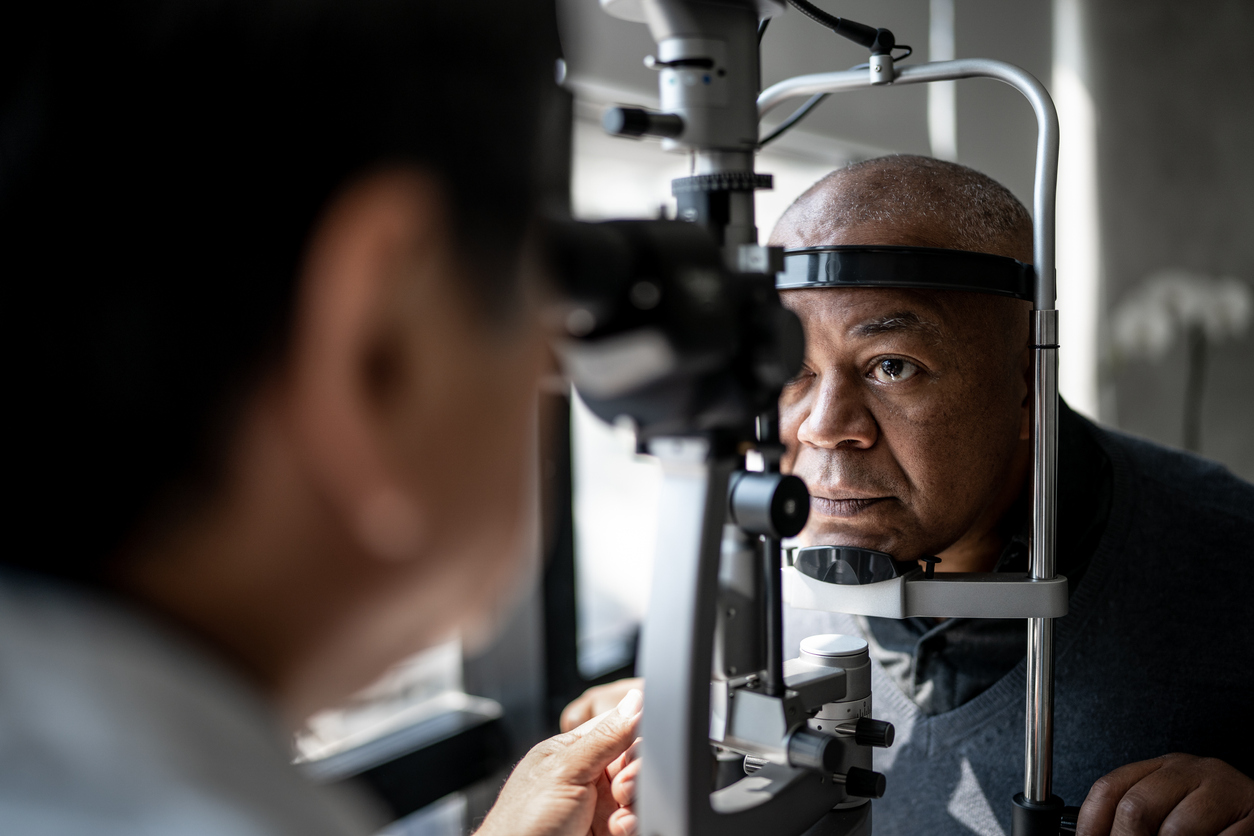Severe dry eye is widely prevalent yet challenging to treat. The researchers did this study to evaluate for improvement in epithelial status and the risk factors for lack of progress in a cohort of patients in Singapore with severe dry eye.
Researchers retrospectively identified 1712 patients with severe dry eye in at least one eye, referred to a tertiary center dry eye clinic. The present study included four hundred and seven patients with a central corneal staining grade of ≥2 at referral and a minimum follow-up duration of half year. An epithelial staining grade of <2 at the last visit was considered a significantly improved outcome.
Risk factors for non-improvement of staining grade include autoimmune disease, RA, reduced baseline Schirmer’s test, and reduced tear break up time. On multivariate analyses, RA and GVHD were still significant risk factors. Gender, age, and meibum viscosity were not significantly associated with epithelial staining grade improvement.
The study concluded that a high rate of corneal epithelial improvement was achieved. Nevertheless, there is an unmet need for more effective measures to reduce epitheliopathy in severely dry eyes, especially in patients with systemic immune-mediated disease.
Reference: https://bjo.bmj.com/content/104/12/1669


